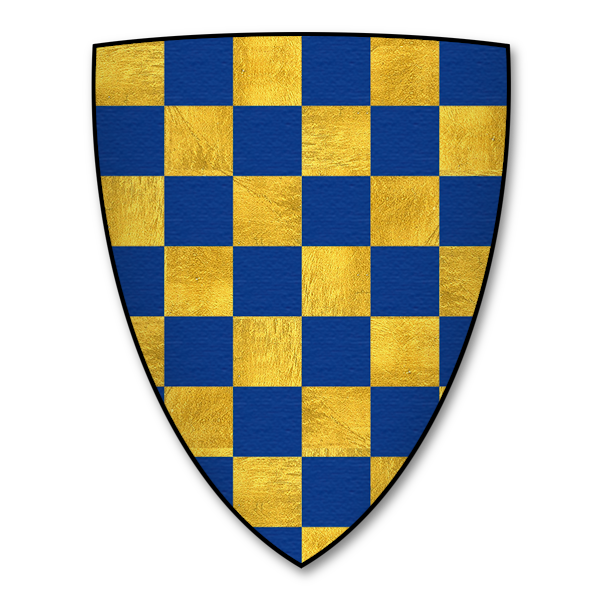On this day in 1294 Adolf of Nassau, King of Germany and titular Holy Roman Emperor, formally declared war on Philip the Fair of France:
“Adolf, by the grace of God king of the Romans, forever august, to the noble sovereign lord Philip, king of France. Since the goods, possessions, laws and administration of justice, and territories of our empire have been held by your ancestors and yourself for so long as a result of unlawful occupation, having been appropriated without cause, the evidence of which being manifest in many and various places, we, being unable henceforth to ignore the truth of these matters under the guise of forbearance, inform you by these present letters that we intend to pursue the redress of such great injustices and to bring the forces within our power against you. Given at Nuremberg, on the 31st day of August in the year of our Lord 1294 and the third year of our reign”.
Philip's response was less grandiose. He sent a sheet of parchment to the German court with just two words written on it: 'Troupe Alemande', which translates as Stupid German. This was a gross insult, but Philip could get away with it. Despite his royal title, Adolf was virtually powerless, and had only been elected because he had no money. Thus the German electors could safely ignore him, or slap him about, as they wished.
The 'unlawful occupation' referred to Philip's policy of expanding the borders of Capetian France. Apart from invading Flanders and Gascony, he also sought to gobble up the border provinces of the empire. For several years he had been fighting a way by proxy in eastern Burgundy, the Franche-Comté, where Adolf and a coalition of Burgundian nobles defied French ambition.
Adolf's position improved when he agreed to ally with Edward I against France. This was formally agreed on 21 August, ten days before he sent his letter of defiance to Paris. The German king was promised a lavish English subsidy of £120,000, to be paid over in three installments. This money was to be used to raise an imperial army to fight the French.
Adolf's subsequent actions are murky, and the fine detail has to be extracted from non-English language sources.





